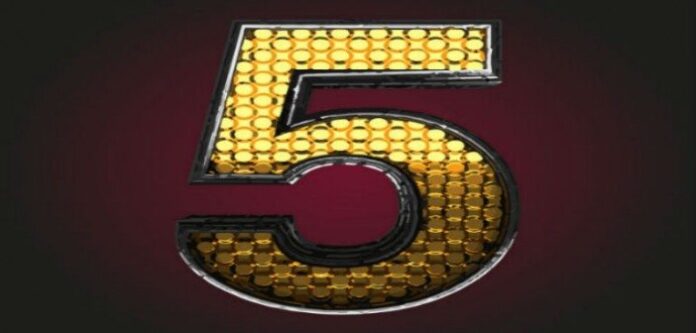5 things to know today …
1. Apple could face an $8 billion tax bill, according to an analysis from Bloomberg Intelligence. The iPhone maker has been engaged in an ongoing dispute with tax authorities over its subsidiaries in Ireland. The European Commission says Apple is using its Irish subsidiaries to take advantage of accounting methods that reduce its tax bill, and a higher tax rate on Apple may be justified.
2. Ericsson and Huawei extended their patent cross licensing agreement for LTE, GSM and UMTS cellular standards. Under the agreement, both companies are able to access and implement the other company’s standard essential patents and technologies globally. Huawei will continue to pay royalties to Ericsson based on actual sales.
3. The Federal Communications Commission granted AT&T two C-Block licenses that push the carrier over the one-third threshold in two markets in Texas. When a proposed transaction gives a carrier control of more than one-third of the low-band spectrum in a given market, the FCC has the option to block the deal, but in this case the agency did not exercise that option. AT&T is acquiring the spectrum from Peoples Wireless Services.
4. China’s Xiaomi was the smartphone market’s wunderkind during the first half of last year, but the device maker did not quite live up to expectations. The company says it sold more than 70 million smartphones last year, well above the 61 million it sold in 2014, but short of its previous projections. Xiaomi initially said it would sell 100 million units in 2015, then trimmed that projection to 80 million. It looks like the real number was closer to 70 million.
5. Chip giant Intel said current quarter revenue will come in around $14 billion, but could be as low as $13.5 billion, a number which spooked investors and led to a sharp selloff for Intel shares. Despite its efforts to expand into mobile devices, data centers and the “Internet of Things,” Intel remains very dependent on personal computer sales and that market is not strong. In addition, some investors are worried about the prospect’s for Intel’s data center business.
Follow me on Twitter.

